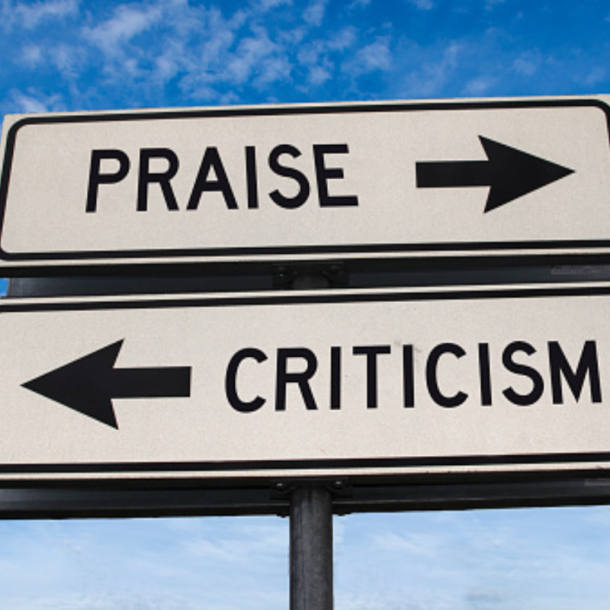
 During our last Caribbean cruise together, my wife Estraletta and I made it a nightly routine to eat a formal dinner together with new friends, enjoy a nightly session of Latin dancing in a new cultural setting, and end the night in a variety of dancing venues, from contemporary to the classic waltz.
During our last Caribbean cruise together, my wife Estraletta and I made it a nightly routine to eat a formal dinner together with new friends, enjoy a nightly session of Latin dancing in a new cultural setting, and end the night in a variety of dancing venues, from contemporary to the classic waltz.
I must admit what captured my attention on the dance floor was watching senior citizens who were African-Americans dance the swing with so much precision and accuracy. I was amazed to see an elderly man who was riding in a mobile cart, stumble on to the dance floor with some assistance, grab a senior citizen woman and swing her around the dance floor til there was no end.
With his knack of swing dancing, he found himself the bell of the ball. Women were lined up to dance with him until he was exhausted. When we returned home, we attended another social event where seniors were swinging on the dance floor.
The swing dance was not a dance choice for my generation of break dancers. In fact, my older sister was a Baby Boomer and her generation appeared to reject swing dancing of that generation. Therefore, I found myself intrigued and ignorant about the contributions of African-Americans on swing dancing in American history.
In September, I will be sponsoring a swing dance through the Academy Ballroom in Knoxville in order to celebrate the art of swing and honor the contributions of African Americans in this art form. The event,” Dr. Green Presents ‘Swing at the Savoy’: a dance class series reflecting the music and dance of Harlem in the 1920s.”
[youtube=http://www.youtube.com/watch?v=YFpU5ypLrKQ]
The class will start on September 6th, at 6pm. Dancing can be life changing. Paul Bottomer, author of Let’s Dance, explains the power of dancing: “Whatever your musical taste or individual preferences, the huge variety of dance ensure that there is something to suit you. You do not need to be a good dancer to enjoy the dancing, the music, the mood, the atmosphere and, of course, the social life.”[1]
Of course, many folks will not embrace anything different. This reaction is fine. However, some individuals make it a habit to criticize others in the process. Criticism can be noted as ‘the expression of disapproval of someone or something based on perceived faults or mistakes.’
Critics come in all shape and sizes. If you are a weak individual, you will find yourself needing to maneuver through the opinions of critics. Different people have distinctive “locus of control” which refers to how people perceive life events.
Individuals with an external locus of control feel that things are outside of their control and can be easily manipulated by outside events. Individuals with an internal locus of control feel in control of their own fate.
Dr. Richard Draft, author of Management, notes, “People with an internal locus of control are easier to motivate because they believe the rewards are the result of their behavior.”[2]
He further explains that people with an external locus of control are harder to motivate, less involved in their jobs, and more likely to blame others. Living life based on the opinions of others can lead individuals toward a mediocre existence. Can you afford to live a mediocre life?
Since my wife and I have started ballroom dancing, I have gained a great deal of confidence, creative brain power, and a healthier lifestyle (about 2-3 hours of dancing a week). Perhaps, it’s interesting that guys who cannot dance are the ones who are most prone to ridicule and mock others who can.
Fortunately, good leaders understand how to inspire followers to exemplary performance even in the face of stiff criticism. Therefore, doing things like swing dancing sets you apart as a leader guided by his or her own internal locus of control.
Discuss the concept of leading with an internal locus of control.
© 2013 by Daryl D. Green





